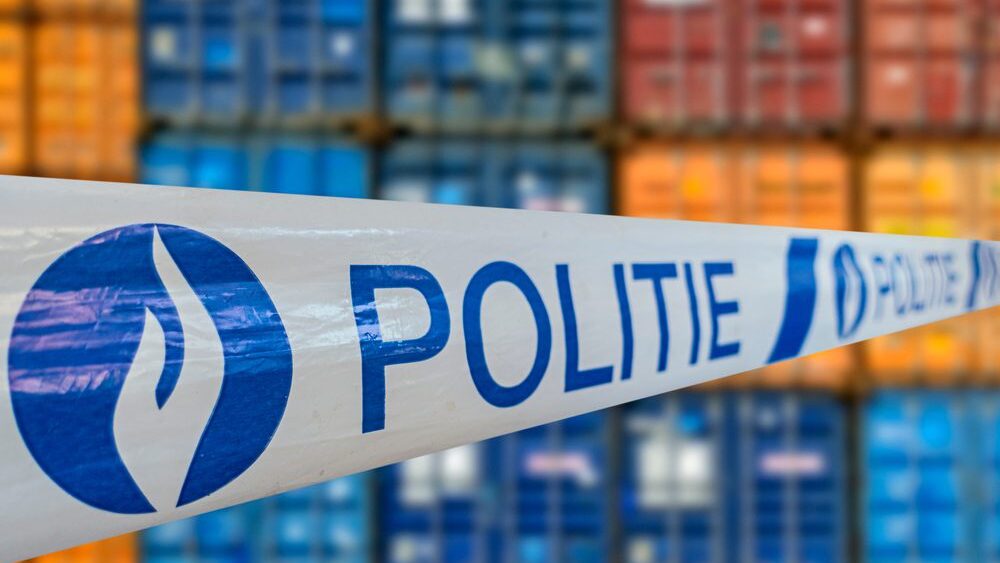
A series of gangland-style killings in inner-city Brussels has highlighted the city’s continued descent into narco-terrorism, with one local mayor warning that drug gangs have “taken the city hostage.”
Police descended on the southern municipality of Saint-Gilles early on Wednesday morning as locals reported the fatal shooting of a local dealer by rivals just hours after a similar gun attack in the same area.
Çarşamba sabahı Brüksel'in Saint-Gilles bölgesinde meydana gelen silahlı saldırıda bir kişinin öldüğü bildirildi. Bölgede son iki gün içinde ikinci olay, bu hafta içinde ise üçüncü olay oldu. pic.twitter.com/8HMpjP2h7s
— Panorama__News (@Panorama__News) February 14, 2024
The local mayor described the murder as an “execution-like” killing. It took place on Jacques Franck Square, five minutes walk from Brussels’ notoriously crime-ridden Midi train station, and was immediately linked to a turf war between feuding gangs,
One of Brussels’ most diverse areas consisting of first and second-generation Arab immigrants, Saint-Gilles has reported several shootings the past week. Locals have described how gangs, sometimes armed with machine guns, operate with effective impunity despite repeated police raids.
The violence has escalated to the point that one Belgian politician has called for the army to be deployed to quell the unrest saying that “there are no other solutions” as Brussels’ infamously divided public administration struggles to keep up with the crisis. Federal authorities have also called for more support and manpower from the central government.
Les habitants sont terrorisés. Nouvelle fusillade cette nuit et un décès à Saint-Gilles. Cela fait des mois que la drogue est déversée dans nos rues. Le gouvernement n'a fait que quelques opérations coup de com'. Où sont les vrais moyens pour lutter contre le crime organisé ?! pic.twitter.com/uHfl4O40EW
— Loïc Fraiture (@LoicFraiture) February 14, 2024
The current wave of shootings centres around a dispute between gangs operating in social housing areas between Saint-Gilles and Porte de Hal. Earlier this week, a local shop was fired upon by a car full of young men in a late-night drive-by shooting. Gang members are also reported to have fired heavy weaponry into the air on Tuesday afternoon in an effort to intimidate locals.
Local media reports an epidemic of cheap crack cocaine hitting the streets in the area, fueling the narco-violence and leading to an explosion in people openly taking the drug in public spaces.
Shortly after yesterday’s shooting, Socialist Saint-Gilles mayor Jean Spinette told the local press how municipal authorities and police were fighting a losing battle against what he described as a form of “drug capitalism.’ Gangs were using young men and undocumented migrants to “take possession of working-class populations,” he added.
Divided between Turkish and largely Moroccan gangs, Brussels has been slow in coming to terms with the scale and ferocity of the narcotic networks tearing the city apart. 2022 was a record year for gang violence, including attacks using grenades and Molotov cocktails.
Observers link the crime spree to the uptick of drugs flowing through Belgian ports, as well as the poor integration of Arab youth. The northern city of Antwerp is fast becoming the European cocaine capital, resulting in numerous bombings and even an attempt to kidnap the city’s mayor by local Islamists.
